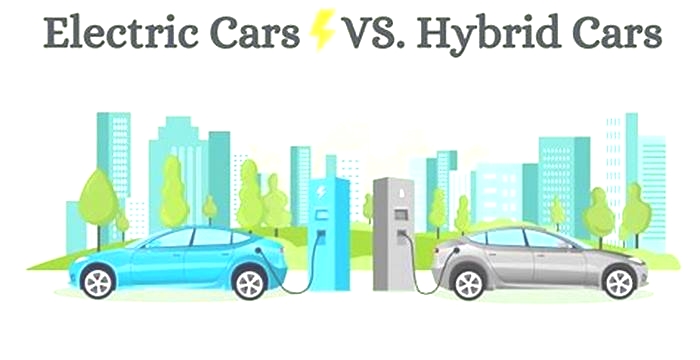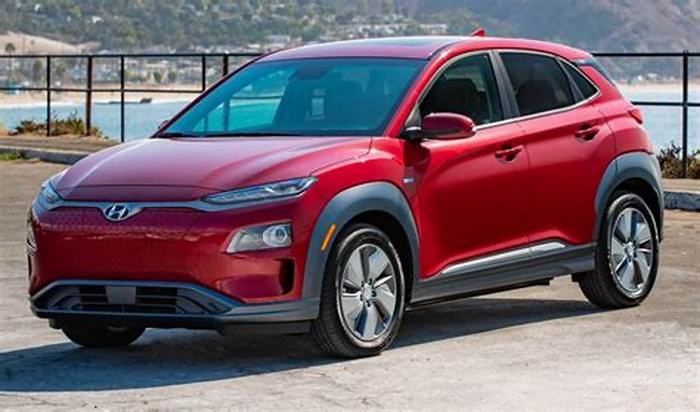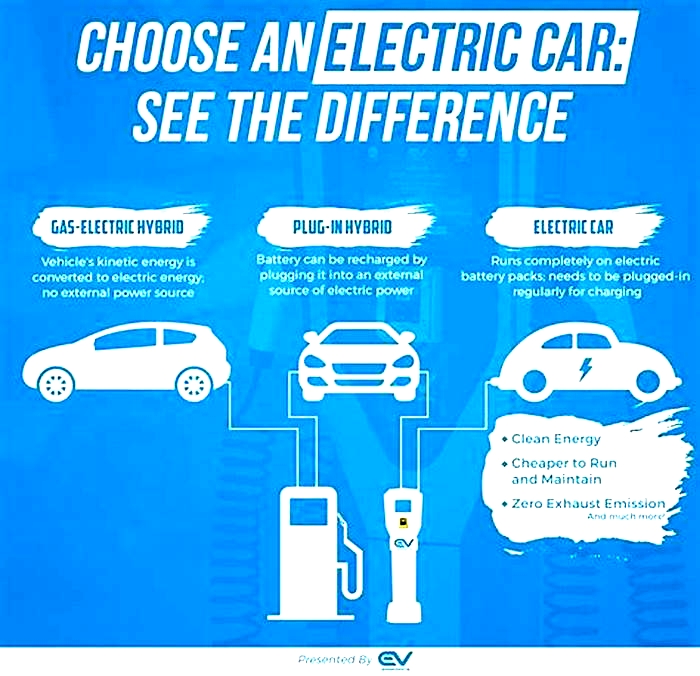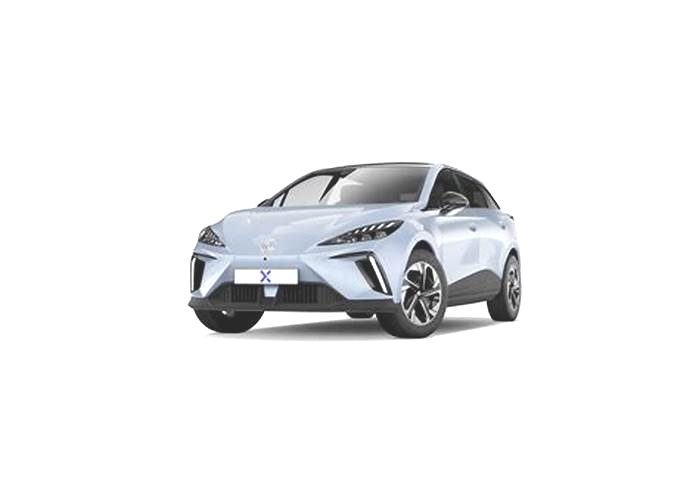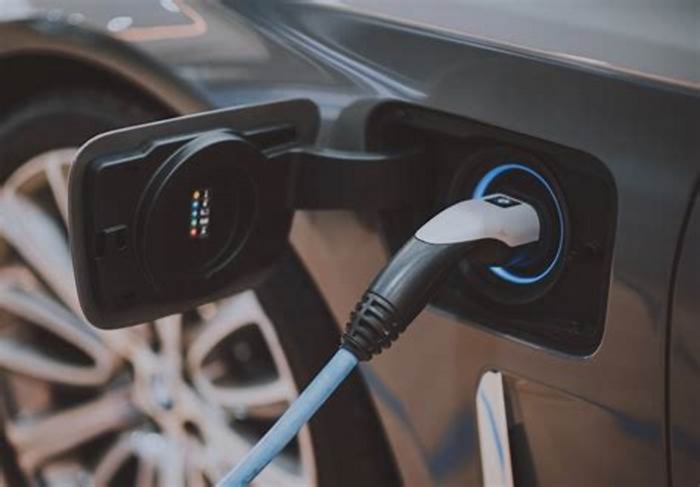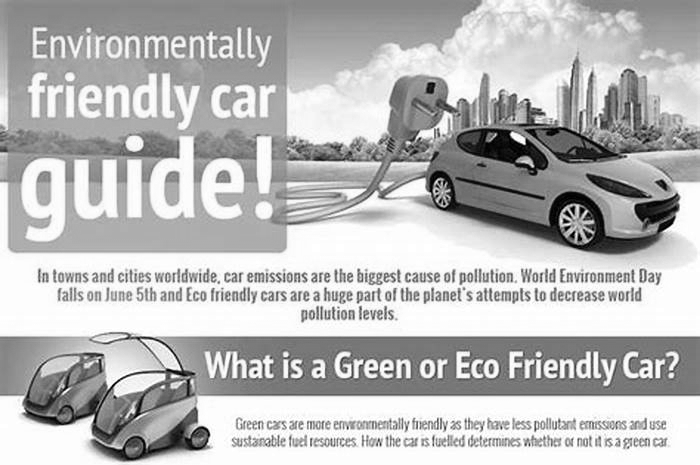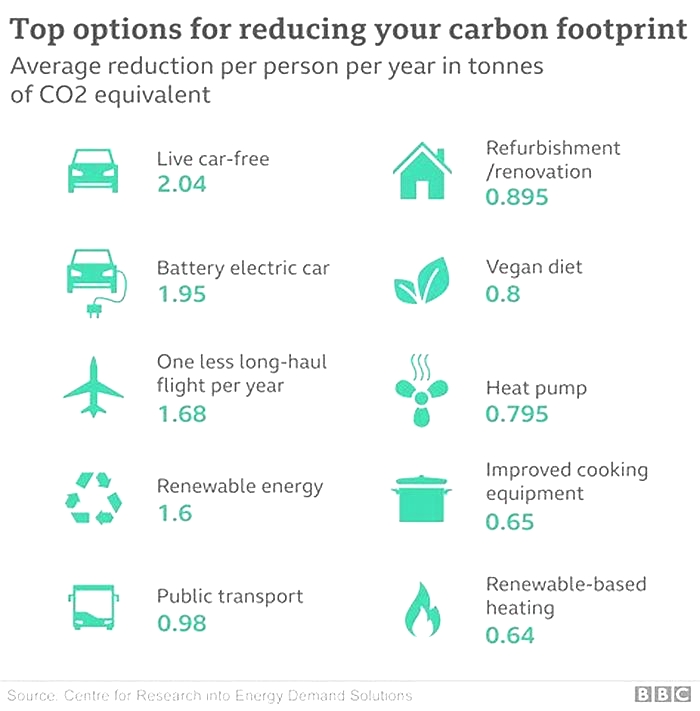Electric Vehicles vs Hybrid Vehicles Choosing the Right Eco Friendly Option
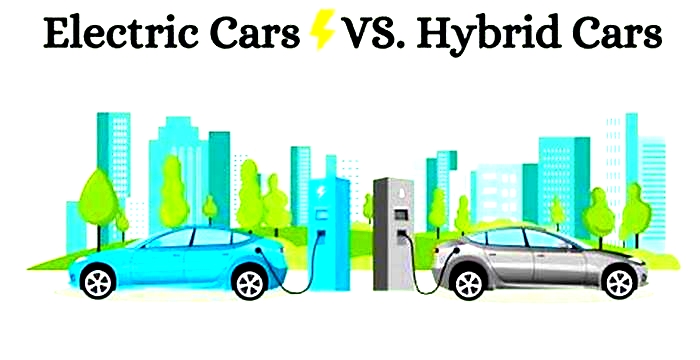
Electric Cars vs. Hybrid: Which Is More Eco-Friendly?
Preservationof the environment has become one of the most concerned subjects inthe present day. With the potential increase in global warming anddrastic changes in the climate as a consequence, the manufacturersacross the globe are compelled to take measures to improve theirproduct designs and performance approach.
Thishas ultimately given birth to environmentally friendly cars that havebecome instantly popular among consumers.
The conventional vehicles, operated through fuel, are becoming less preferred by many customers because of their negative effects on the environment. According to some research, conventional cars may contribute up to 75% of the earths total carbon monoxide pollutants, and one-third of the total air pollution.
Thisshowcases the significant role of conventional cars potentiallydamaging the environment. The electric and hybrid cars are deemed tobe a more eco-friendly alternative. If youre going for a new carpurchase, it can be a difficult decision to make that which car ismore environment-friendly.
Tohelp you make the right choice, we have worked on a guide thatexplains both hybrid and electric cars with respect to their impacton the environment. Lets see what each car has to offer.
Whatis a Hybrid Car?
Ahybrid car uses two or more engines including an electric motor and aconventional engine operated on gasoline or diesel. The electricengine is responsible for powering the car at lower speeds. Theconventional engine supports the car as the speed increases.
Ahybrid car tends to save fuel and produce less carbon dioxideemissions, making them a better choice over gasoline-run vehicles.
Youcan also define a hybrid car as a vehicle that has an engine whichcan switch between gasoline (fossil fuel) and an alternate fuelsource.
Whatis an Electric Car?
Electriccars and trucks are electricity-powered partially if notcompletely. They use electricity through batteries or a fuel cell.There are different kinds of electric vehicles that work differently.Plug-in hybrids can work on both gasoline and an electric motor.
Themotor can be powered by a battery that is recharged by plugging in.Another type of electric vehicles is the one in which cars dontdepend on liquid fuel at all and operate solely on electricity. Youonly have to charge the battery and youre good to go.
Impactof Hybrid and Electric Cars on the Environment
Tounderstand the effects of hybrid and electric cars on theenvironment, we have broken down this discussion based on variousaspects like battery disposal, manufacturing, and the actual drivingprocess.
Manufacturingof the Cars
Whilewe may have lesser carbon dioxide emissions and release of otherpollutants while the hybrid and electric cars are on the road, theirproduction requires more energy than conventional cars. This causesmore greenhouse gasses emission and extensive consumption of fossilfuels.
Some recent research concluded that electric vehicle manufacturing can cause 15 to 68% more emissions than that of a conventional car. Similarly, hybrid car batteries require more energy for production than standard car batteries.
They emit sulfur monoxide which is dangerous for the environment. If youre going to choose from hybrid cars for sale, you must know these facts so that you can make your decision accordingly.
BatteryDisposal Risk
Batterydisposal issue prevails in all kinds of vehicles, be it fossil fueloperated, hybrid or an electric vehicle. If you plan to buy apre-owned car, you may face this issue sooner than later. Disposingof the conventional car batteries properly is very important.
The good thing is that they can be recycled and used in other products. The hybrid and electric car batteries can also be recycled. In many cases, they can even be reused.
Forthe hybrid or electric car batteries that are not able to power thesevehicles, are still able to work 80% of capacity. These batteries areutilized in other applications such as backup power sources incommercial buildings.
Driving
Thisis the part that gives you a better comparison between a hybrid carand an electric car in terms of being eco-friendly. The hybridvehicles switch between conventional fuel and electric power.Although they may not burn as much fuel like conventional cars, theystill create a negative impact on the environment.
Electricvehicles, on the contrary, do not burn fossil fuel. As a result, theydo not emit any greenhouse gases while youre driving them.
However,charging your electric vehicle requires a power source and isultimately responsible for the emissions produced in the process ofgenerating that power. To curtail these emissions, it is importantthat cleaner methods of energy production are indulged.
BenefitsOffered by Hybrid and Electric Cars
Before you buy a pre-owned car, electric, hybrid or conventional, it is important to know what benefits they offer you. While the previous section gave you an insight into the overall impact of electric and hybrid cars on the environment, here are some positive aspects of each vehicle type concerning the atmosphere.
EnvironmentalBenefits of Electric Cars
- Electric cars can reduce local air pollution significantly because they dont emit pollutants directly.
- Electric motors provide high power-to-weight ratio which allows you to have vehicles with more immediate acceleration.
- Electric vehicles have energy efficiencies of 69 to 72% if counted against the stored chemical energy and 59 to 62% if counted against required energy to recharge.
- Some electric cars allow the cabin to be heated while they are plugged in. This reduces the amount of energy consumed while driving, making the car more energy efficient.
EnvironmentalBenefits of Hybrid Cars
- The twin powered engine allows the vehicle to consume less gas and conserve energy.
- Hybrid cars for sale are designed to be cleaner and are less dependent on gasoline or diesel. This reduces the emissions that harm the environment.
- Hybrid cars are built from lighter materials. This reduces the amount of energy required to run the vehicle. Hence, a smaller and lighter engine provides the same performance but saves more energy.
TheFinal Verdict
Basedon the above analysis, it is safe to say that electric cars areequally if not more eco-friendly than hybrid cars. The factthat you can have an electric car thats completely operated by achargeable electric motor; you can play a significant role inreducing the emissions and pollutants that harm the environment.
Theproduction phase for both hybrid and electric cars can be a cause ofsubstantial greenhouse gas emissions and carbon dioxide releases. Butif were able to reach a better energy production method, thisissue can be improved, making these cars an ideal alternative totodays conventional vehicles.
Author Bio
Jenn was working in automotive sales when she discovered a passion for writing about various automotive topics. She loves her new Toyota rav4 and spending weekends getting away with her two dogs, where she gets inspired to write even more amazing blogs!
Related
Electric cars, hybrids, fuel cells and more: Which is best for you?
You've got plenty of choices when it comes to buying a fuel efficient or zero-emissions vehicle. But, not every powertrain alternative to the internal-combustion engine is right for everyone. Like so many things, there are pros and cons to electric cars, hybrids, fuel cell vehicles and more in between.
For sure, all of this can be confusing. Don't feel overwhelmed. We're here to help you understand the difference between a mild-hybrid, a hybrid and other variations. And it has nothing to do with spices, by the way. Whether it's an electric vehicle or perhaps something else has caught your eye, read on below as we break down each kind of electrified vehicle, plus their pros and cons so you can make the best buying decision for your electrified vehicle.
Read more: Best electric cars for 2021
Yeah, even trucks are in on the mild-hybrid game.
Jon Wong/RoadshowMild hybrid
A mild hybrid system is the simplest and most cost-effective way of adding electric drivetrain components to a vehicle powered by an internal combustion engine. In a mild hybrid system, the ICE will often shut itself off entirely under no-load conditions such as coasting down a hill or coming to a stop. The hybrid system allows the ICE to be restarted almost instantaneously and can power ancillary systems on the vehicle such as the stereo or air conditioning. Some mild hybrid systems will feature regenerative braking or will offer power-assist or torque-fill to the ICE, but all lack the ability to run solely on electric power.
Advantages
- Can power many of a car's electrical systems.
- Stop-start system saves fuel during idle.
- Can reduce turbo lag by torque-filling until the engine comes on boost.
- Lighter weight compared to other electrified vehicles.
- Lower complexity.
- Lower cost.
Disadvantages
- Increased cost and complexity versus internal combustion-only engines.
- No full-EV mode.
The OG hybrid.
Craig Cole/RoadshowSeries hybrid
The series hybrid -- also known as power split or parallel hybrid -- is what most people think of when they think of a hybrid vehicle. These use a downsized ICE to provide power at higher speeds and in higher load conditions, and a battery-electric system to move the vehicle at low speeds and low-load conditions. This allows the ICE to work in its ideal efficiency range, thus providing excellent fuel economy, especially in city driving conditions.
Advantages
- Excellent efficiency at around-town speeds.
- Gasoline-powered ICE for longer range (and longer journeys).
- Offers a good compromise between efficiency, usability and overall cost.
Disadvantages
- Typically higher cost than a purely ICE-driven vehicle of the same size.
- Maximizing efficiency means reducing power output.
The RAV4 Prime has a whole lot of electric range to it.
Emme Hall/RoadshowPlug-in hybrid
The plug-in hybrid is the next logical step forward from the series hybrid system. These cars move closer to the fully electric vehicle side of the continuum, with the ability to go longer distances on electric power alone. The plug-in part of their name comes from their ability to be plugged into an electric car charging station, rather than just relying on the ICE and regenerative braking for battery power, thus effectively eliminating range anxiety. Another area where plug-in hybrids differ from either mild hybrids or series hybrids is in the size of their battery pack. This is what gives them their extended EV-only range.
Advantages
- Increased range over battery electric vehicles due to a range-extending gasoline engine.
- Lower purchasing cost compared to BEVs.
- Lower running cost compared to series hybrids.
Disadvantages
- More expensive to buy than series hybrids or mild hybrids.
- Larger battery packs mean more weight.
- More complex than mild hybrids.
Everyone knows the Model 3.
Nick Miotke/RoadshowBattery electric
Battery electric vehicles are mostly what they sound like: A big battery with at least one electric drive motor wired to it. Oh, and tons of complex software to manage the thousands of individual cells that make up that big battery. Mechanically speaking, BEVs are the least complex of all the vehicles we're covering when you consider that even the simplest multi-cylinder internal combustion engine has many hundreds of moving parts, while an electric motor only has its rotor. Purely electric vehicles are becoming more and more common, thanks to innovation from relatively new companies like Tesla and industry stalwarts like General Motors and Nissan.
Advantages
- Mechanical simplicity means less maintenance than ICE.
- Tons of instant torque.
- Nearly silent operation.
- Electricity is cheap, for now.
- No tailpipe, therefore no emissions and no emissions testing.
- Low center of gravity is great for vehicle handling.
Disadvantages
- More expensive than similar size series hybrids or ICE vehicles.
- Limited range.
- Lengthy charging times.
- Charging station infrastructure is still up and coming.
- Impractical for most people unless you have 240-volt Level 2 charging at your home or parking spot.
- Higher weight than similarly sized vehicles.
- Uncertain environmental impact for end-of-life battery disposal.
The Hyundai Nexo is only available in select areas.
Daniel Golson/RoadshowHydrogen fuel cell
A fuel cell takes hydrogen and oxidizes it to create an electrical charge, which is then channeled into a battery and used by electric motors. This technology has been around in automobiles for a few decades, but due to costs, size of components and a relative lack of infrastructure, there aren't many companies still working with it. Miniaturization of tech in the last few years has made hydrogen FCVs more commercially viable, and we're starting to see more interest from manufacturers like Honda and Hyundai.
Advantages
- No need to charge; simply fill your car with hydrogen and go.
- Silent operation, much like a BEV.
- Only emission is water.
Disadvantages
- Hydrogen prices fluctuate wildly, oftentimes more expensive than fossil fuels.
- Limited refueling network outside of select cities such as Los Angeles or San Francisco.
- Hydrogen tanks can eat into the passenger compartment or cargo room if the vehicle wasn't designed from the ground up for fuel cells.

